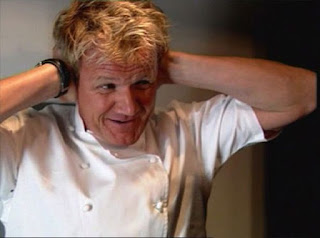Will I ever be full recovered from my anorexia?

Guest blog by Hope Virgo , author of Stand Tall Little Girl I lived with anorexia from the ages of 12 to 17 before being admitted to a mental health hospital . The hospital became my home for the next year of my life when I had to battle to get well. I had to learn to eat again, to exercise in a healthy way and to learn to talk about how I was really feeling. These three things had become so foreign to me and at aged 17 it felt like I was back as a toddler having to learn how to live a life when I would eat enough and not be seduced by the anorexia . So 10 years on am I completely cured ? Has my recovery been easy ? Honestly to answer those questions - “ No! ” So how have I got to where I am? Perseverance - the battle isn’t an overnight win, it is hard work and takes time but try and be the best at recovery. Beat that manipulative voice in your head who is lying to you! Learning to talk - one o...


